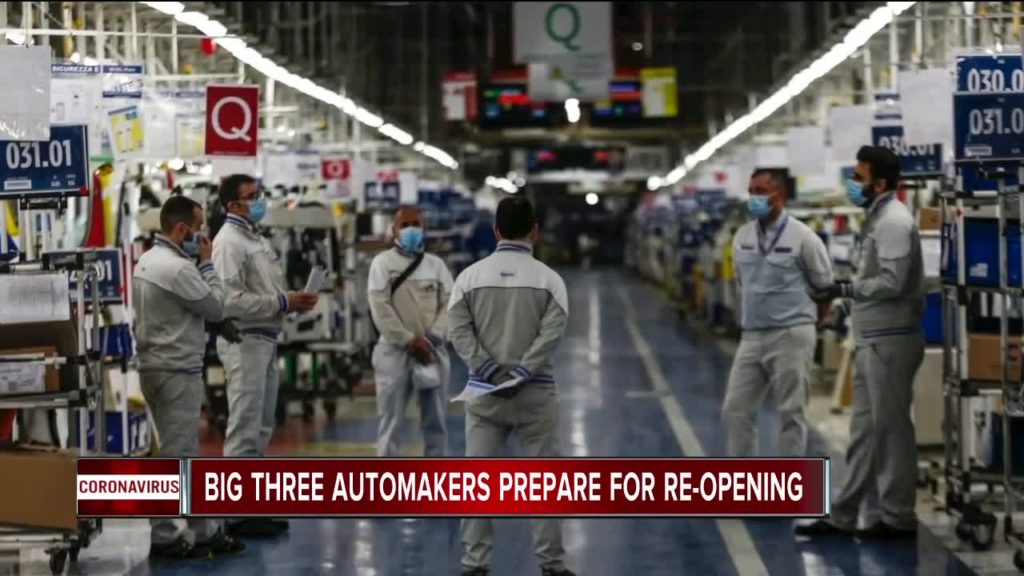Hartford Courant, June 26, 2020; CT Examiner, June27. 2020; Journal Inquirer, June 30, 2020 -- Connecticut Governor Ned Lamont, a Democrat, sees the unfairness of about 50,000 state employees getting a $350 million pay raise next week (on July 1st) while almost 600,000 private sector workers in Connecticut have lost their jobs. He said as much at a mid-June food bank give-away.
It’s not just pay: the state workforce enjoys a contractual no-layoff guarantee through 2021 as well as gold plate health care and pension benefits.
Yet Lamont can’t bring himself to cancel, suspend or even delay the raise, which follows a raise of roughly similar amount a year ago.
As a result of the pandemic, Lamont has the emergency power to override any and all state laws -- even provisions of the U.S. constitution such as freedom of assembly, including the right to gather in houses of worship. Yet he says he lacks the power to do more than ask the unions to forgo the raise? Talk about fecklessness.
The Yankee Institute reports that Democrat governors in New York, Pennsylvania and Virginia have temporarily suspended raises or frozen pay for state employees. Without emergency power, President Obama reminded everyone that “I have a pen and a phone.” One wonders what Lamont has – or hasn’t.
This issue of fair pay is not new. The gap between the compensation of Connecticut state employees and the state’s private sector workers is enormous and has been for at least a decade and a half, despite the whining of state employees, union bosses and union negotiators about all the “sacrifices” they’ve supposedly made. In 2010, the state conducted its own study of total compensation, finding average state employee compensation of $105,000 versus an average of $74,000 in the state’s private sector. That’s a whopping 42 percent compensation premium in favor of state employees.
In 2014, a study by the American Enterprise Institute (AEI) found the same 42 percent compensation premium – the biggest of all 50 states. It wasn’t just benefits. Connecticut was the only state where average state employee wages were higher than average private sector wages. Note, this was a 50 state study, so the AEI researchers couldn’t “cook the books” to make Connecticut, or any state, look good or bad.
In 2019, AEI conducted another 50 state study, this time comparing all public sector employees (state and municipal) to private sector workers. Based upon the latest data (2017), Connecticut's pay gap had widened to 51 percent. Notably, the 2017 data predates the 5.5 percent raise last year and the 5.5 percent wage increase next week, which will propel state workers even further ahead of the state’s beleaguered private sector workers.
This compensation disparity is unfair no matter how or when you look at it. And Lamont won’t act, and the unions won’t concede?
Instead of offering concessions, the unions have mounted a campaign to deflect attention from their upcoming wage hike. SEIU 1199 is running a TV advertising campaign highlighting the heroic work of essential state workers in fighting coronavirus. The ad overlooks all the non-essential state workers still drawing pay checks while idle at home, albeit through no fault of their own. The ad forgets that the overwhelming majority of frontline workers are municipal employees (police, fire and EMTs) and private sector employees (doctors and nurses).
Legislatively, the unions and their apologists are campaigning for the state to raise taxes on “the rich” That doesn’t address unfairness. Raising taxes on the rich won’t close the gap between state and private sector compensation.
Moreover, the unions forget that the rich are included in the compensation numbers. State employees out-earn the average of all private sector workers, including those high earners, which just dramatizes how much more state employees earn than “99 percent” of private sector workers.























